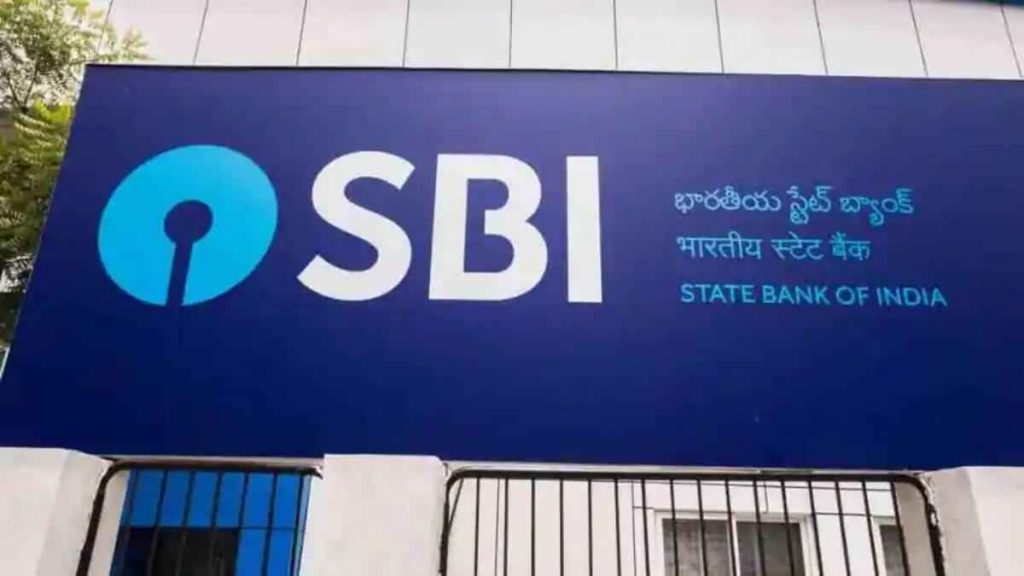The State Bank of India (SBI) is warning users about a new scam being used by cybercriminals to steal money and personal information.
The Press Information Bureau (PIB), which informs the print and electronic media about government policies, programmed, projects, and accomplishments, is the one informing SBI customers about this new SMS fraud.
PIB advises SBI users to be wary of texts informing them that their account has been disabled. Scammers are allegedly sending such alerts through SMS.
The organization advises SBI customers not to react to such messages or calls. These users are also asked not to click on any links included in the mail.
“A statement in circulation saying that your @TheOfficialSBI account has been blocked is #FAKE,” PIB said in one of the tweets.
PBI further reminds users not to: answer to emails/sms requesting personal or banking information
-If they receive such a message, they must immediately report it at report.
Phishing @sbi.co.in will result in quick action by the bank.


PBI goes on to clarify that the scammers, via the phoney SBI message, require users to provide personal “papers” since the account has been “banned.”
Scammers advise consumers to click on the URL supplied with the message to have their account activated again.
“Dear A/c holder SBI BANK documents have expired A/c will be blocked Now Click http://sbikvs.II Update” states the bogus letter.
If you look attentively at the message, it definitely does not appear to have been sent by SBI. It contains grammatical flaws, formatting issues, punctuation issues, and the link isn’t even on the official SBI website.
These banks always send SMS from a bank official. Grammatical problems are common in fraudulent messages, and this one is no exception.
This is not the first time that scammers have used bogus messages and dangerous links to target SBI’s users. Scammers previously requested SBI consumers to complete their KYC by clicking on a website that prompted them to submit their banking and personal information.
The idea then was to empty the bank account and similar is the aim this time as well.
ALSO SEE: Vivo Y75: Vivo cheaply launched a smartphone with 44 megapixel selfie camera and 6.44 inch display



